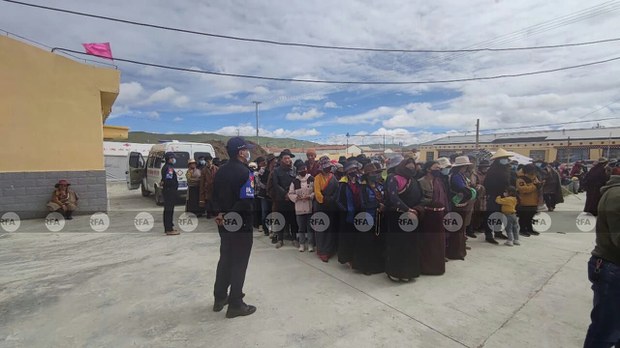The Tibetan Centre for Human Rights and Democracy (TCHRD) is deeply concerned about the new National Security Law that was released in the People’s Republic of China (PRC) on 1 July 2015. As a human rights organization, TCHRD believes that this new law will enable Chinese authorities to further justify the human rights abuses that continue to take place for Tibetans today.
The new National Security Law does not make any concessions to human rights, rule of law, or the interests of other States or peoples. Instead, the National Security Law relies on broad and vague language to announce that the PRC will confront and fight-back against any perceived threat. This is a continuation of failed policies that do not seek to peacefully settle disputes, and simply exacerbate problems in the PRC instead.
Despite paying lip service to human rights in four articles (Articles 7, 16, 27 and 83), the National Security Law takes the position that is hostile to basic human rights protections. For example, Article 27 says that the PRC protects freedom of religion but then lists duties and responsibilities for religious management, including opposing foreign influence and interference. The PRC views any acknowledgment of the Dalai Lama, including possession of his teachings, praying for his long life or celebrating his birthday, as counter to the Party. For monks, such as Tsangyang Gyatso, the charge of “contacting outsiders” can result in long prison sentences.




